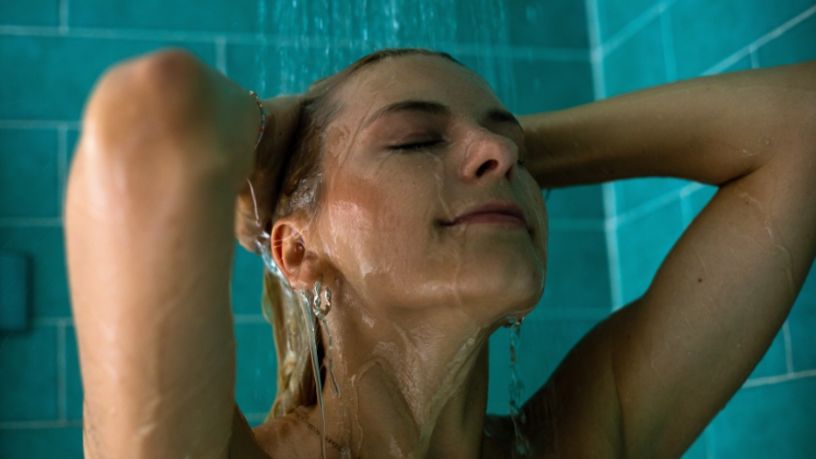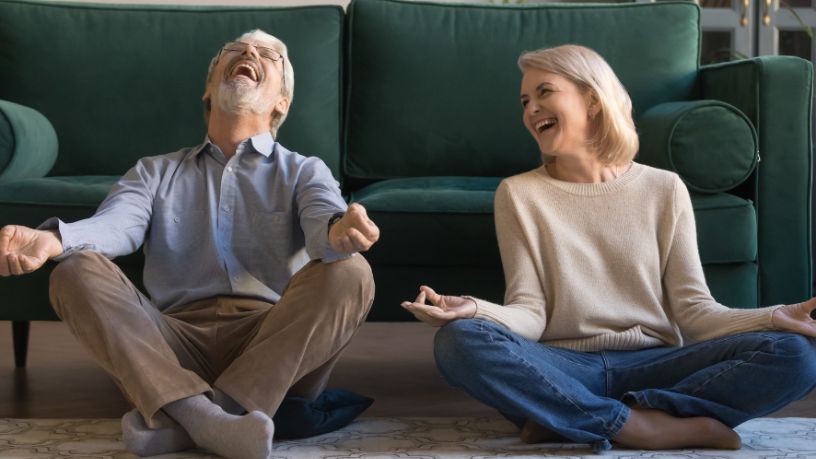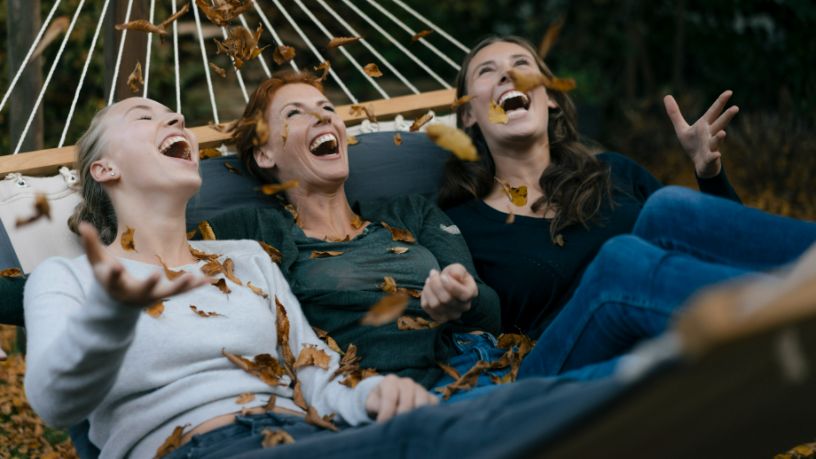Find out whether hot springs have genuine health benefits.
Key takeaways
Some people claim that natural thermal waters have healing properties, such as beneficial minerals, while others simply enjoy a moment of relaxation.
A dip in a hot spring is probably okay for you, but some people may need to avoid it. Find out if this is you.
Stripping bare and bathing in warm, mineral-rich water is a practice dating back thousands of years. The supposed healing powers of hot springs bring people together to relax and restore.
A regular soak is still common in many parts of the world. For some people, it’s considered more than just a cultural practice, it’s part of staying healthy and happy.
In France, you can even get a doctor’s prescription for a thermal ‘cure’ for everything from arthritis and gum disease to depression.1
There’s no denying that a trip to a hot spring is incredibly relaxing. But can it really improve your health and wellbeing?
The health benefits of hot springs
While not backed by rock-solid science, the healing powers of hot springs may help with things like:
- arthritis pain
- sleep
- digestion
- muscle and bone health
- circulation
- cell oxygenation
- hormone balance.2
As you may know, a long hot soak in the bath can help you unwind. Some studies suggest that hot springs take that to another level, with the heat and water blocking your body’s pain receptors and helping your muscles and joints relax.2
Other research suggests that hot springs can help lower blood pressure and improve vascular health,3 burn calories4 and improve skin conditions.5
Thermal springs are also considered an effective complementary therapy for a range of health conditions, including those related to the:
- heart
- lungs
- brain
- gastrointestinal tract.6
At the end of the day, the simple act of relaxing in a hot spring may be where the magic lies.7 Because, anything you can do to relieve stress and bring yourself back into the moment can have a positive flow-on effect on your mental and physical health.
The 'magic' in the minerals
According to some balneotherapists (aka ‘bath’ therapists), the minerals inside hot springs are absorbed by the skin when the steamy water opens your pores. However, others argue that as your skin is designed to be a protective barrier, it’s unlikely that the minerals will get through.8
Numerous minerals can be found in a hot spring, each with its own smell, colour and potential healing qualities.
For instance, that rotten egg smell you sometimes find at a hot spring is sulphur. It’s thought that sulphur can help things like skin irritation, breathing disorders, heart conditions and inflammation.9
Hot springs also commonly include:
- iron
- zinc
- calcium
- magnesium
- chloride
- potassium.
Some hot springs offer a smorgasbord of mineral concoctions designed to energise, detox, improve skin, boost mood, ease muscle pain and much more.
The verdict
A trip to a hot spring is a personal experience that may improve your health and wellbeing. However, as many of the benefits are still debatable, it’s important to not rely on hot strings in place of any medical treatment.
Likewise, if you have a medical condition, it’s important to check with your doctor before visiting a hot spring. You may need to avoid thermal pools if you:
- are pregnant
- have heart disease
- have any open cuts or sores.
Regardless of the benefits, taking time out to relax in a hot spring is a generally safe and rewarding experience, and might be just what the doctor ordered.
Remember to always dip your toe into the water before entering to test the temperature, and always drink plenty of water during your soak (just not from the hot spring itself).

At Bupa, trust is everything
Our health and wellbeing information is regularly reviewed and maintained by a team of healthcare experts, to ensure its relevancy and accuracy. Everyone's health journey is unique and health outcomes vary from person to person.
This content is not a replacement for personalised and specific medical, healthcare, or other professional advice. If you have concerns about your health, see your doctor or other health professional.
1Collins, L. (2022). Seeking a Cure in Frances Waters. The New Yorker.
2Mooventhan, A. & Nivethitha, L. (2014). Scientific evidence-based effects of hydrotherapy on various systems of the body. North American Journal of Medicine and Science, 6(5), 199-209.
3Brunt, V. E., Howard, M. J., Francisco, M. A., Ely, B. R., & Minson, C. T. (2016). Passive heat therapy improves endothelial function, arterial stiffness and blood pressure in sedentary humans. The Journal of Physiology, 594(18), 5,329-42.
4Faulkner, S. H., Jackson, S., Fatania, G., & Leicht, C. A. (2017). The effect of passive heating on heat shock protein 70 and interleukin-6: A possible treatment tool for metabolic diseases?. Temperature, 4(3), 292-304.
5Khalilzadeh, S., Shirbeigi, L., Naghizadeh, A., Mehriardestani, M., Shamohammadi, S., & Tabarrai, M. (2019). Use of mineral waters in the treatment of psoriasis: Perspectives of Persian and conventional medicine. Dermatologic Therapy, 32(4), e12969.
6Gálvez, I., Torres-Piles, S., & Ortega-Rincón, E. (2018). Balneotherapy, Immune System, and Stress Response: A Hormetic Strategy?. International Journal of Molecular Sciences, 19(6), 1,687.
7Takeda, M., Nakamura, H., Otsu, H., Mimori, K., Maeda, T. & Managi, S. (2023). Hot spring bathing practices have a positive effect on mental health in Japan. Heliyon, 9(9), e19631.
8Ong, S. (2024). What can you absorb through your skin?. BBC.
9Carbajo, J. M. & Maraver, F. (2017). Sulphurous Mineral Waters: New Applications for Health. Evidence-based complementary and alternative medicine, 8034084.
You might also like...
How cold water therapy can boost your mood and immunity
Discover how cold water therapy can improve mood, strengthen immunity and support mental wellbeing, plus tips to get started safely.
Grounding: How connecting to nature might improve your health
Have you ever heard of grounding? This simple practice helps you connect with nature and may even improve your physical and mental health.
Breathing exercises to reduce stress and anxiety
Discover easy breathing exercises to reduce stress and anxiety. Mindful breathwork can help calm your mind, boost focus, and support mental wellbeing.
Wintering: 4 rituals for the cooler months
Staying healthy and happy in the cooler months may be easier (and more restful) than you think. Check out 4 tips for doing winter well.





